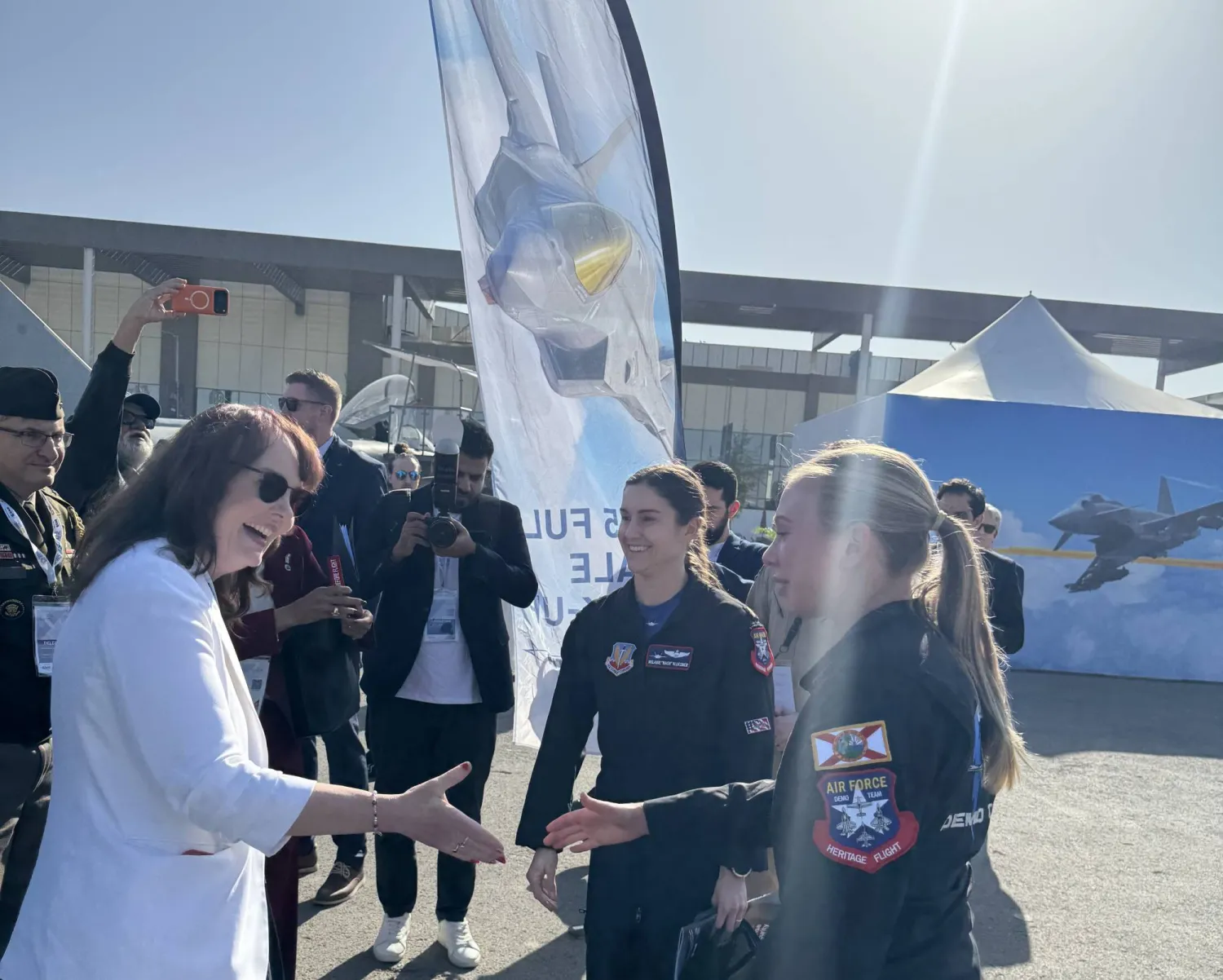Saudi Ambassador Nayef Al-Sudairi affirmed that his appointment as a non-resident ambassador to Palestine and Consul General of Saudi Arabia in Jerusalem represents significant support for Palestinians and will bestow a broader dimension on their relationship with the Kingdom, yielding positive outcomes for both nations.
A copy of Al-Sudairi’s credentials was presented to Majdi Al Khalidi, Palestinian President Mahmoud Abbas’s diplomatic adviser.
The presentation of credentials marks the first instance in which a Saudi ambassador and consul general have been appointed in Jerusalem.
Speaking to Asharq Al-Awsat, the newly appointed ambassador pointed out that “under the reign of King Salman bin Abdulaziz and Crown Prince Mohammed bin Salman, Saudi Arabia has emerged as an active regional and global power.”
“This status has been effectively harnessed to support our brothers in Palestine, a move that holds numerous symbolic implications, exemplified by the appointment of an ambassador and a consul general in Palestine,” said Al-Sudairi.
He further elaborated that the bond between Saudi Arabia and Palestine “transcends the awareness of many, particularly given that the Kingdom is among the foremost countries standing in solidarity with Palestinians.”
“Saudi Arabia has consistently provided political, financial, and moral support, and even contributed martyrs during the 1948 war,” reminded Al-Sudairi.
He reiterated that “Saudi Arabia's support for the Palestinian Authority has exceeded SAR 29 billion, with over SAR 4 billion contributed to UNRWA.”
“Additionally, through the Saudi Development Fund, SAR 18 billion have been provided, amounting to a grand total of approximately SAR 51 billion.”
“Undoubtedly, this figure reflects the exceptional level of relations and Saudi assistance to our brethren in Palestine,” affirmed Al-Sudairi.
Al-Sudairi reviewed a portion of Saudi Arabia’s historical support for Palestine, reminiscing that “the founder, King Abdulaziz bin Abdul Rahman, was the first to champion Palestinian rights, engaging in discussions on the eve of the conclusion of World War II with President Roosevelt and Prime Minister Churchill in those pivotal historical meetings.”
“King Abdulaziz’s Royal successors followed in his footsteps,” confirmed the diplomat, evoking memories of how Saudi monarchs played a pivotal role in the October 1973 War and utilized oil as a weapon, leading to the triumph of Arab armies.
It was also under Saudi watch that a peace initiative was adopted by the Arab Summit in 1981.
As for Palestinian reactions to Al-Sudairi’s appointment, Al-Khalidi said the occasion is “an important step that will contribute to further strengthening the strong brotherly relations that bind the two countries and the two brotherly peoples.”
Al-Khalidi also pointed out that in the coming period, “arrangements will be made for an official ceremony during which the Saudi Ambassador will present his credentials to Palestinian Authority President.”
Moreover, a joint committee will be convened between the two nations to enhance relations across various domains, revealed Al-Khalidi.
Palestinian Ambassador to Riyadh Bassam Al-Agha considered Al-Sudairi’s appointment to serve as “a message to the world that Palestine is being treated as a state, with Jerusalem as its capital.”
He further elaborated in radio statements that the Saudi step “reflects a desire to deepen and solidify political, social, and economic relations between the Kingdom and Palestine.”









